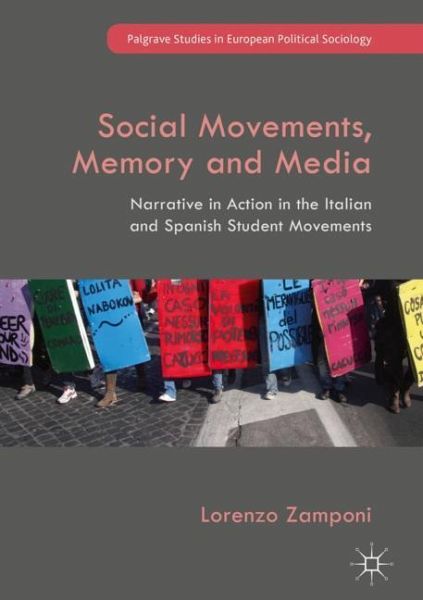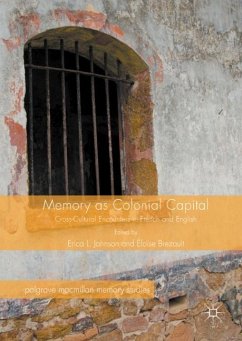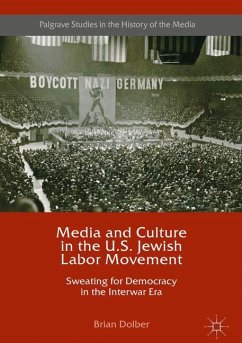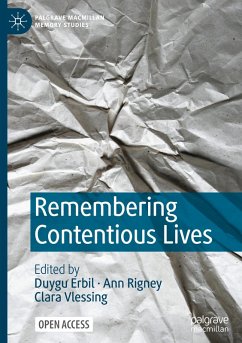
Social Movements, Memory and Media
Narrative in Action in the Italian and Spanish Student Movements
Versandkostenfrei!
Versandfertig in 6-10 Tagen
83,99 €
inkl. MwSt.
Weitere Ausgaben:

PAYBACK Punkte
42 °P sammeln!
Cultural factors shape the symbolic environment in which contentious politics take place. Among these factors, collective memories are particularly relevant: they can help collective action by providing symbolic material from the past, but at the same time they can constrain people's ability to mobilise by imposing proscriptions and prescriptions.This book analyses the relationship between social movements and collective memories: how do social movements participate in the building of public memory? And how does public memory, and in particular the media's representation of a contentious past,...
Cultural factors shape the symbolic environment in which contentious politics take place. Among these factors, collective memories are particularly relevant: they can help collective action by providing symbolic material from the past, but at the same time they can constrain people's ability to mobilise by imposing proscriptions and prescriptions.
This book analyses the relationship between social movements and collective memories: how do social movements participate in the building of public memory? And how does public memory, and in particular the media's representation of a contentious past, influence strategic choices in contemporary movements? To answer these questions the book draws its focus on the evolution of the representation of specific events in the Italian and Spanish student movements of the 1960s and 1970s. Furthermore, through qualitative interviews to contemporary student activists in both countries, it investigates the role of past waves of contention in shaping the present through the publicly discussed image of the past.
This book analyses the relationship between social movements and collective memories: how do social movements participate in the building of public memory? And how does public memory, and in particular the media's representation of a contentious past, influence strategic choices in contemporary movements? To answer these questions the book draws its focus on the evolution of the representation of specific events in the Italian and Spanish student movements of the 1960s and 1970s. Furthermore, through qualitative interviews to contemporary student activists in both countries, it investigates the role of past waves of contention in shaping the present through the publicly discussed image of the past.














